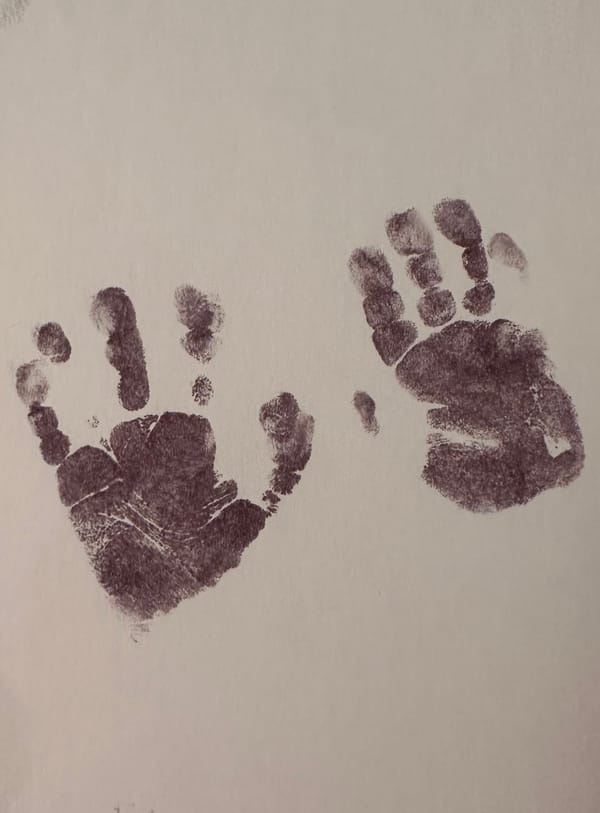Baby Milestones at 12 Months: What to Expect

As your baby approaches their first birthday, they will have made remarkable progress in many areas of development. The 12-month mark is a time of increased independence and exploration. Here’s a comprehensive guide to the milestones you can expect at 12 months, covering physical, cognitive, social, and emotional development.
Physical Milestones
- Walking: Many babies take their first steps around their first birthday, though it’s normal for some to walk earlier or later. Your baby may begin to walk independently or continue to cruise while holding onto furniture.
- Standing: Babies can stand without support and may squat to pick up objects and then stand back up.
- Fine Motor Skills: Improved hand coordination allows babies to grasp small objects with their thumb and forefinger (pincer grasp), stack blocks, and place toys into containers.
- Feeding Themselves: Your baby might start to use a spoon, though it will be messy. They enjoy self-feeding with finger foods.
- Improved Coordination: Babies can clap their hands, wave goodbye, and point at objects of interest.
Cognitive Milestones
- Understanding Cause and Effect: Babies at this age enjoy exploring cause and effect, such as shaking a toy to hear it rattle or pushing a button to make a sound.
- Problem Solving: They begin to solve simple problems, such as figuring out how to get a toy out of a box or how to reach a desired object.
- Imitation: Your baby will imitate simple actions and sounds they observe in others, such as clapping hands or making animal noises.
- Object Permanence: Fully developed object permanence means babies understand that objects and people continue to exist even when out of sight. They may look for hidden objects or anticipate your return when you leave the room.
Social and Emotional Milestones
- Attachment and Separation Anxiety: Babies show strong attachments to their primary caregivers and may experience separation anxiety. They may cling to you in new situations or around strangers.
- Interactive Play: Babies engage in simple interactive games like peek-a-boo, pat-a-cake, and hide-and-seek. They enjoy playing with you and may initiate play.
- Expressing Emotions: They express a range of emotions, from joy and excitement to frustration and sadness. Babies may start to show preferences for certain people and toys.
- Social Awareness: Babies are becoming more aware of social interactions and may mimic your facial expressions and gestures.
Language and Communication Milestones
- First Words: Many babies say their first words around their first birthday, often starting with “mama” and “dada.” They may also use simple words like “bye-bye,” “no,” and “more.”
- Understanding Words: Babies understand and respond to simple commands and questions, such as “Come here,” “Give me the toy,” and “Where’s your nose?”
- Gestures: Babies use gestures to communicate, such as pointing to indicate what they want, waving goodbye, or shaking their head to say no.
- Listening and Responding: They enjoy listening to stories, songs, and nursery rhymes. Babies may respond to music by dancing or swaying to the rhythm.
Tips to Support Your Baby’s Development
- Encourage Walking: Provide safe spaces for your baby to practice walking. Hold their hand as they take steps or use push toys to support them.
- Interactive Play: Engage in games that involve imitation, turn-taking, and social interaction. Peek-a-boo, pat-a-cake, and simple clapping games are great options.
- Talk and Read: Continue to talk to your baby frequently and read books together. Describe what you’re doing and name objects to build their vocabulary.
- Offer Safe Exploration: Give your baby access to a variety of safe objects to explore. This helps them learn about different textures, shapes, and sizes.
- Comfort and Reassure: Provide comfort and reassurance during times of separation anxiety. Establishing a consistent routine can help ease anxiety.
- Encourage Self-Feeding: Allow your baby to practice self-feeding with finger foods. Offer a variety of textures and flavors to explore.
When to Be Concerned
While all babies develop at their own pace, consult your pediatrician if you notice any of the following:
- No interest in crawling, standing, or walking.
- Limited use of hands or difficulty grasping objects.
- No babbling or use of single words.
- Lack of response to sounds or their name.
- Little interest in interacting with caregivers or exploring their environment.
Regular checkups with your pediatrician will help monitor your baby’s progress and address any concerns early.



